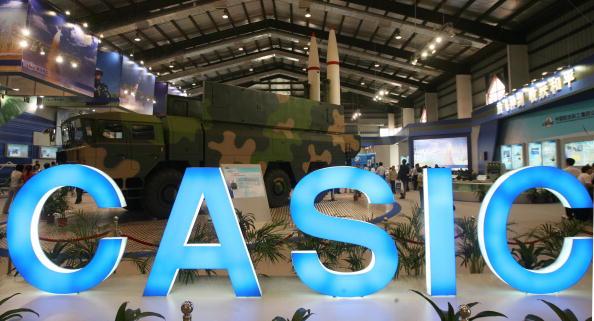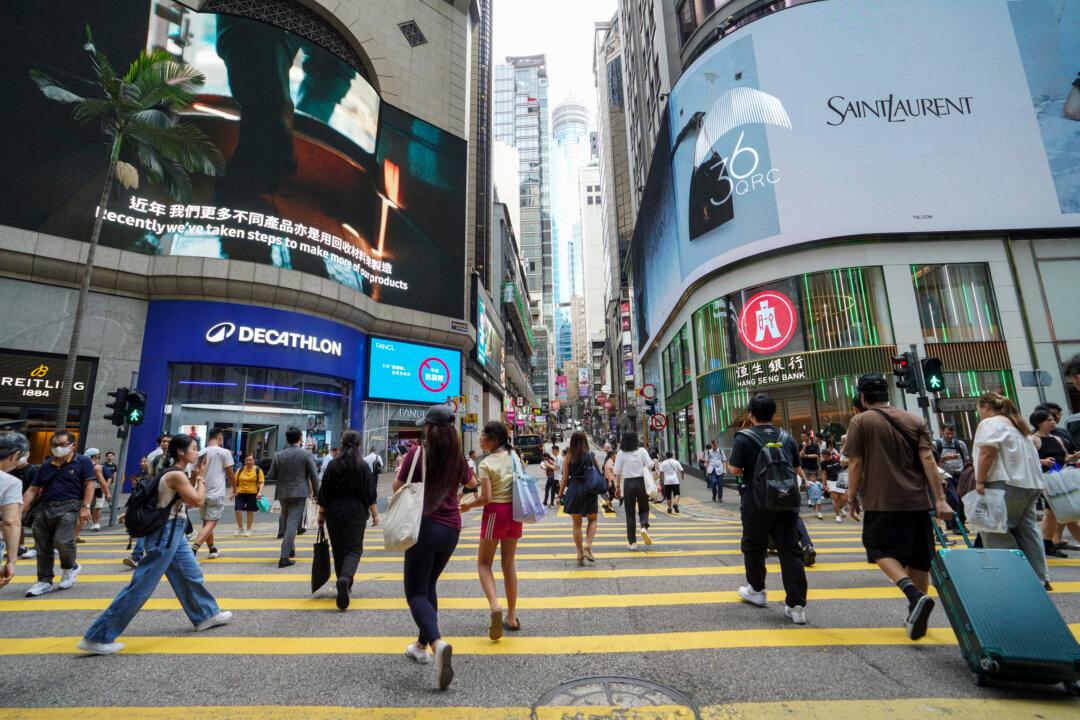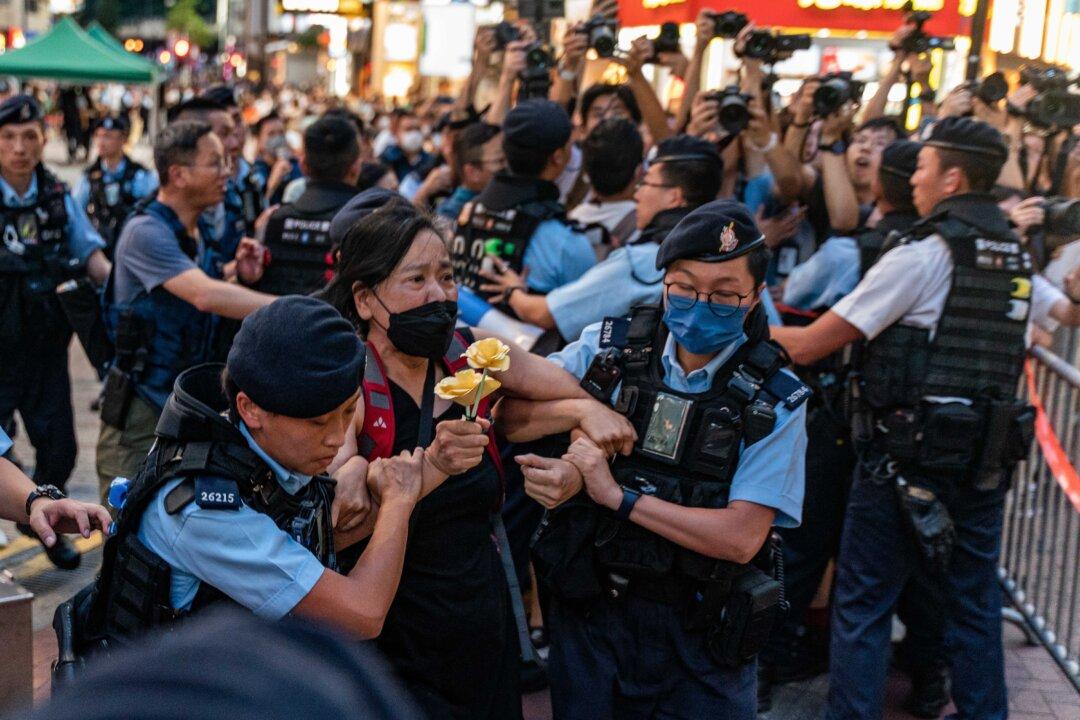The contractors involved are the Government Logistics Department, the Office of the Government Chief Information Officer, the Legal Aid Department, the Leisure and Cultural Services Department, and the Treasury Department.
- Supply of immigration control system at the Guangzhou-Shenzhen-Hong Kong West Kowloon Terminus.
- Supply of immigration control system for Liantang (Shenzhen)/Heung Yuen Wai (Hong Kong) Port.
- Supply of integrated information systems for the Companies Registry.
- Design, supply, implement, and maintain case management and case accounting systems for the Legal Aid department.
- Supply a multimedia control and display system for the Police Force.
- Supply a new generation of smart identity card systems for the Immigration Department.
- Supply of information technology professional services to Government Departments for 48 months, responsible to Government Chief Information Officer.




CCP Military Background
Aisino Corporation was established in 2000 and listed on the Shanghai Stock Exchange in 2003. It is controlled by its parent company, CASIC, which is one of China’s top ten aerospace and military enterprises and is state-owned. It is directly managed by the Chinese Communist Party (CCP) and formerly known as the Fifth Research Institute of the Ministry of National Defence.CASIC’s main operations include the design, development, and manufacture of a range of spacecraft, mini satellites, launch vehicles, strategic and tactical missile systems, and ground equipment for the CCP.
Aisino Corporation develops security systems for China’s Ministry of Public Security, and as such, it serves as the main contractor for the three major “Golden” projects of the CCP. They are the Golden Shield Project that assists the Ministry of Public Security in conducting internet censorship and monitoring of people, the Golden Tax Project on anti-counterfeiting tax control, and its related Golden Card Project for electronic goods.
The company covers and unifies the construction of information systems in almost all fields of government across the mainland, including aerospace information, taxation, economic, public safety, transportation, food safety, and vaccine traceability supervision platforms.
Parent Company Sanctioned by the US
Since 2020, the United States has imposed sanctions on companies with strong Chinese military backgrounds, including Huawei and CASIC, citing “national security and diplomatic threats.” All U.S. investors are prohibited from cooperating with the related companies, including their subsidiaries.CASIC was sanctioned in November 2020. The U.S. government passed a revised directive in January 2021, requiring all U.S. companies to withdraw their capital from these companies by Nov. 11, 2021.
In January 2022, the U.S. State Department issued another sanction against the following three Chinese entities for a period of three years: the First Research Institute of China Aerospace Science & Technology Corporation, the Fourth Research Institute of China Aerospace Science & Industry Corporation, and PolyTech, all of whom are involved in missile technology.
The sanctions include denying approval to transfer to related agencies all items on the U.S. munitions list and items subject to U.S. export control laws and regulations. The related agencies will not be awarded U.S. government contracts and are prohibited from importing goods to the United States.
Concerns
The Hong Kong public is concerned that sensitive data will be “sent to mainland China,” and foreign investors will reduce business ties with Hong Kong for fear their information will end up in the hands of the Chinese military.In a quote by Radio Free Asia, Tseng Yi-suo, director of the Division of Cyber Security and Decision-Making Simulation of the Taiwan Institute for National Defense and Security Research said: “The situation inevitably raises questions about how the CCP might use the information system information provided by Aisino Corporation to strengthen surveillance in various areas of Hong Kong. This may cause the U.S. government to strengthen its corresponding monitoring of Hong Kong.”
Ross Feingold, an American political risk consultant, said that after Hong Kong implemented the National Security Law, international companies and government departments of overseas countries would understand that the CCP always has certain channels and ways to obtain information from Hong Kong. Added to the suspicions of the relevant parties, it will become increasingly difficult for U.S. and Hong Kong officials to cooperate in the future. In the worst case scenario, there is even an opportunity for the United States to extend its sanctions and issue travel warnings for U.S. citizens going to Hong Kong.




